32 ways to look after your mental health: healthy habits and science-backed tips
The importance of protecting your mental health cannot be overstated. These tips can help you set up healthy habits


Your mental health is just as important as your physical health, but it's often easier to work out how to tone your abs and glutes than it is exercise your thoughts and feelings.
Whether you've found yourself struggling recently, or you just want some helpful ways to manage your mental health day-to-day, it really can be as simple as incorporating some different habits and behaviours.
None of this should be taken as professional medical advice. If you are struggling with your mental health, reach out to a certified doctor or a recognised charity, like Mind.
32 ways to look after your mental health
Prioritise sleep
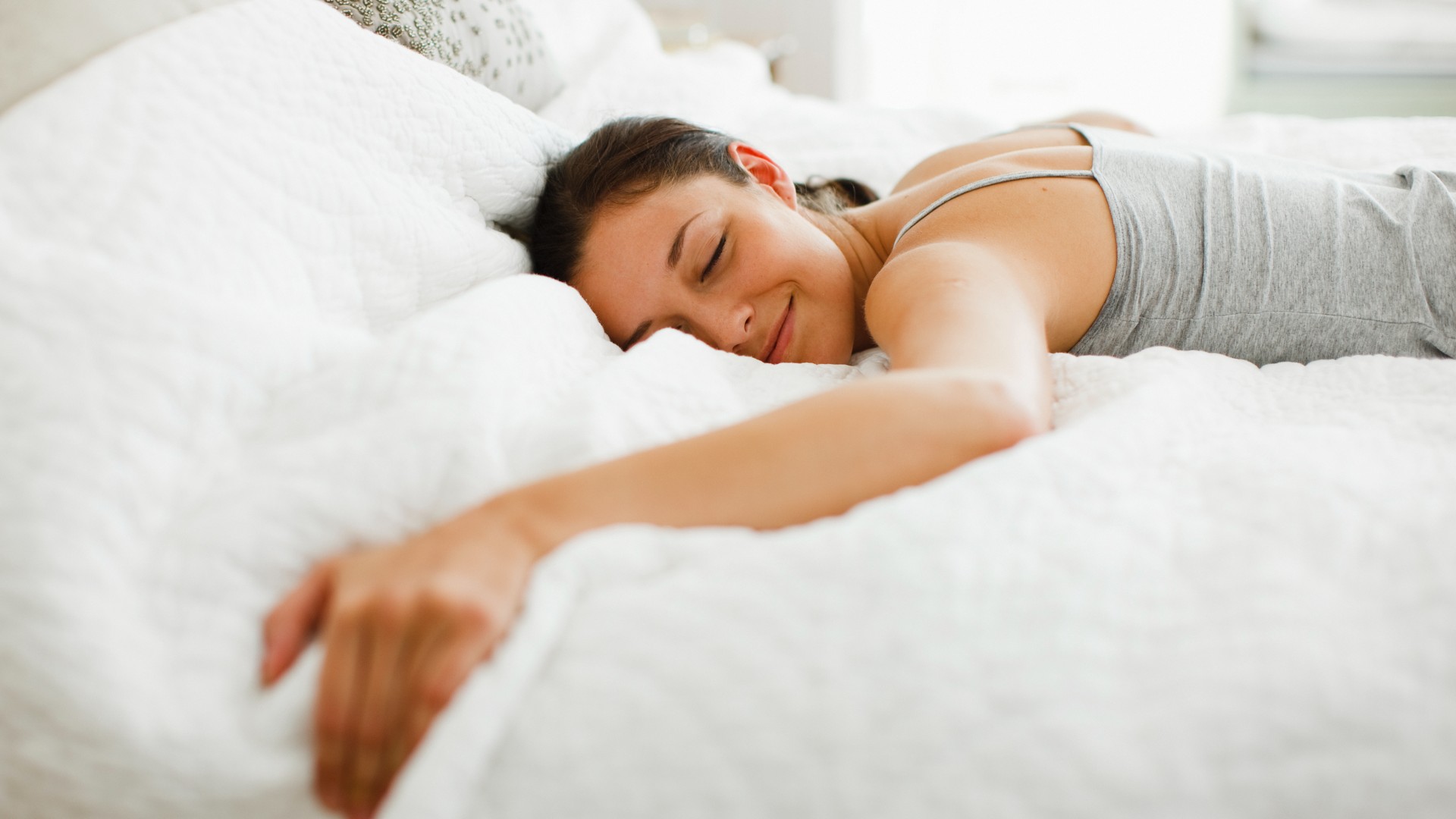
Getting better sleep (what else could we have meant?) is arguably one of the most vital steps one can take to improve and maintain positive mental well-being.
As Mind explain, troubled sleep can lead to feeling anxious, and depressed, leave you more likely to have episodes of paranoia and increase feelings of loneliness and much more.
Tips to establish better sleep may include establishing a fixed routine (going to bed and waking up at the same time), switching off your devices at bedtime, limiting screen time a couple of hours before bed, avoiding exercising a good couple of hours before bed (exercise can stimulate your nervous system and produce hormones that keep you energised).
woman&home's top products for a peaceful night's sleep
Sign up for the woman&home newsletter
Sign up to our free daily email for the latest royal and entertainment news, interesting opinion, expert advice on styling and beauty trends, and no-nonsense guides to the health and wellness questions you want answered.
Our health editors recommend the below tried and tested products for a great night's slumber.

If you're struggling to sleep, it could be time to change your pillow. The Emma Memory Foam Pillow is comfortable and one of the best pillows the w&h team have tried and tested for breathability and comfort.
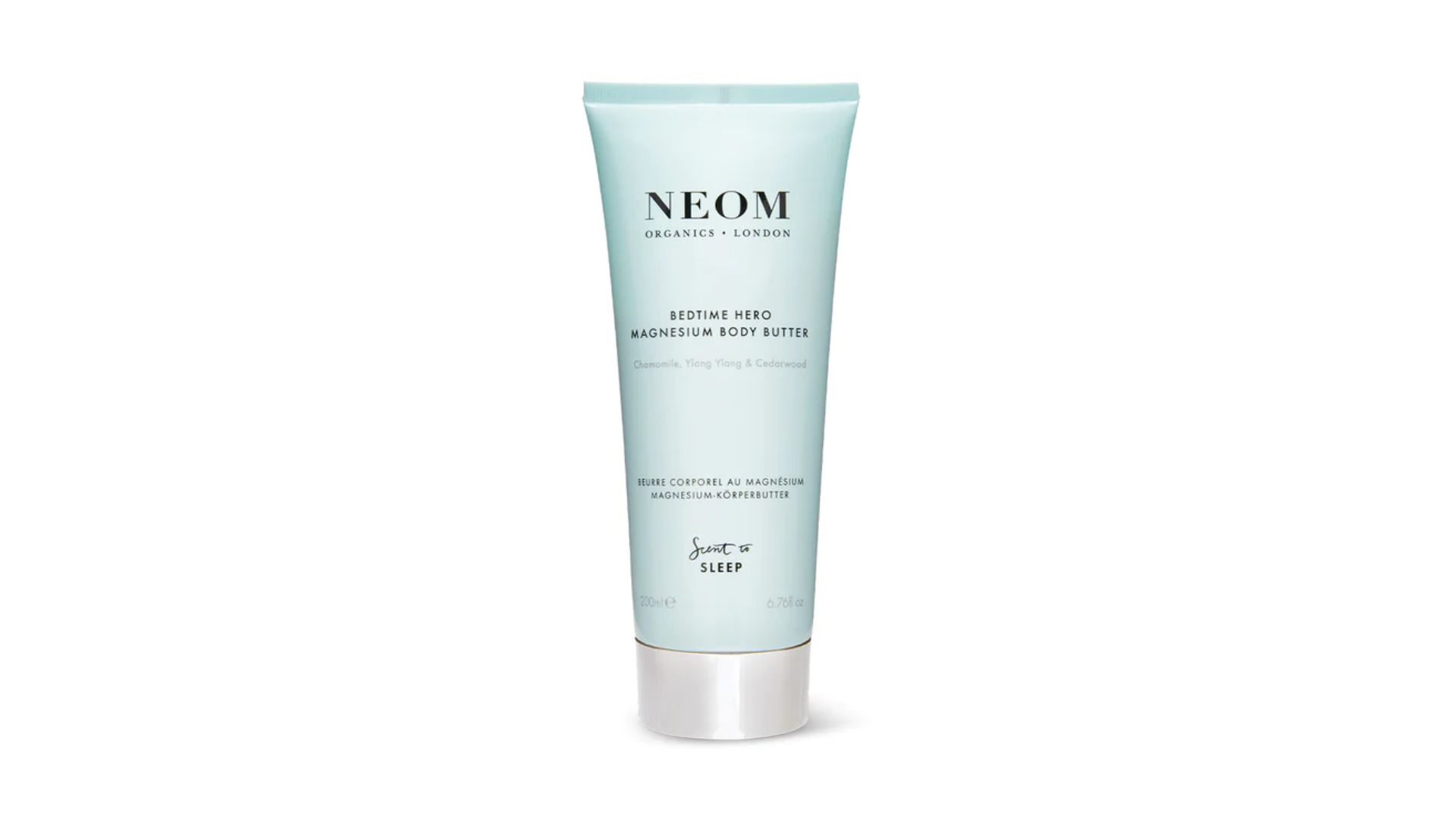
Neom's Magnesium Body Butter is infused with magnesium at 88mg per 5ml of moisturiser and scented with the calming fragrance of chamomile, ylang-ylang, and cedarwood. Magnesium is one of the best minerals for improving our sleep and studies show it helps activate the parasympathetic nervous system, which is responsible for our 'rest and digest' function - the opposite of 'fight or flight'.
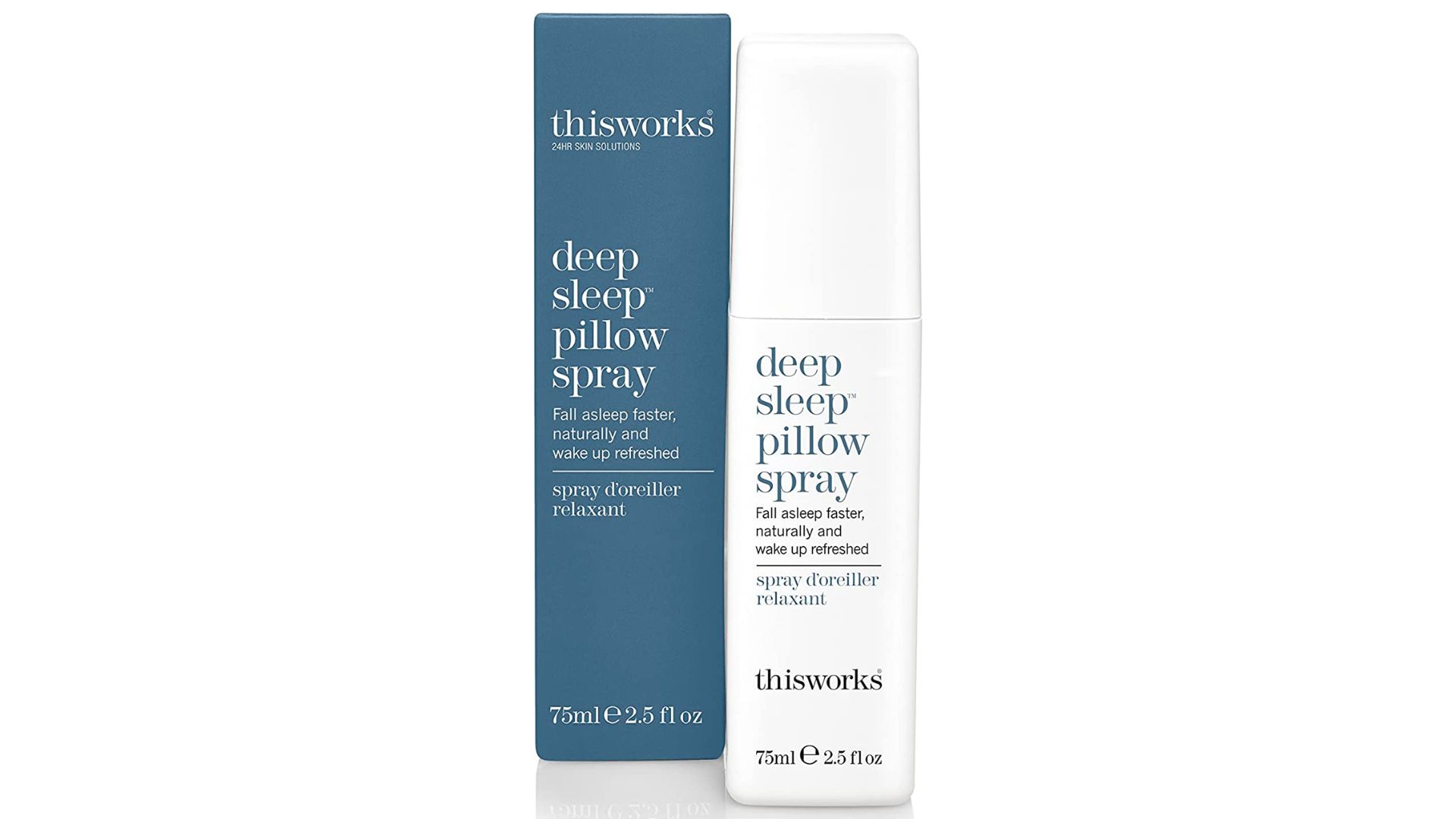
One of the best sleep aids, this pillow spray from This Works is truly one of the best on the market. Made from a blend of lavender, camomile, and vetiver, it encourages sleep by helping to soothe the mind.
Don't snooze your alarm
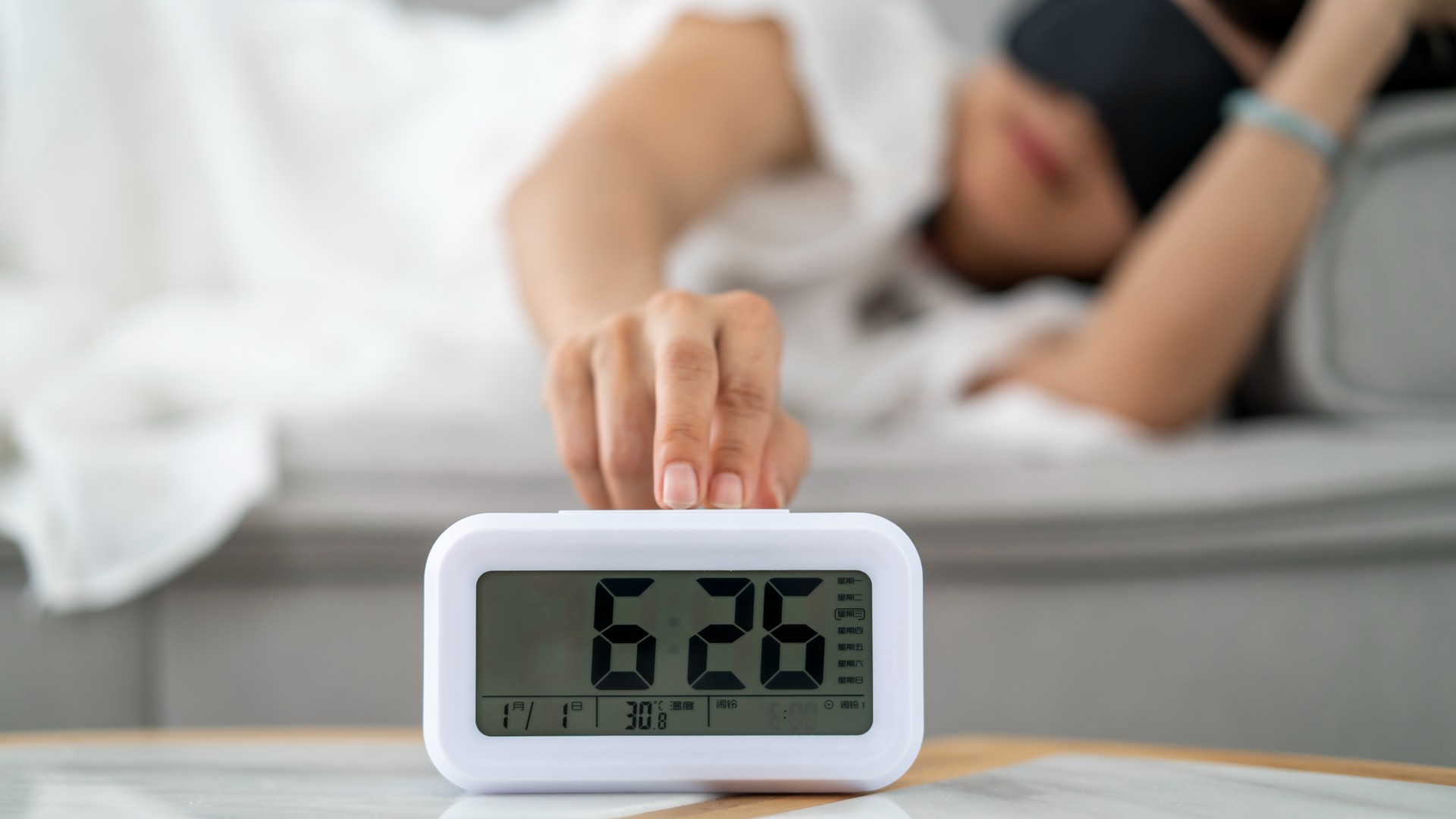
It's a strange one - when we hit snooze, we think we're 'winning' by gaining back some time for more sleep. But, the experts are all in agreement - it's not great for us.
When we snooze, we are disrupting the REM sleep cycle, the most restorative sleep state.
The truth is, it's too short of a window to return to the good kind of REM sleep, and the pattern can trigger a response that increases your blood pressure and heartbeat. Not only that, it can make us feel like we’ve been less productive, thus creating a cycle of negative thoughts.
Make time to exercise

Your physical and mental health are connected. When one is out of whack, the other isn't too far behind.
Exercising regularly - at least three or four times a week, for at least 30 minutes at a time - is enough to have tangible benefits on your mental health. It can be strength training, a 30-minute walk or cardio; the key is just to get yourself moving.
Mind, the UK's leading mental health charity, states that physical exercise can help with anything from:
- Managing stress
- Improving sleep
- Improving your mood
- Improving confidence
- Connecting with nature
- Socialising and meeting new people
- Managing symptoms of depression and anxiety
- Memory and brain functioning
- Heart, muscle and bone health
- Reducing the risk of developing some long-term health conditions, such as heart disease
Get a houseplant (or several)
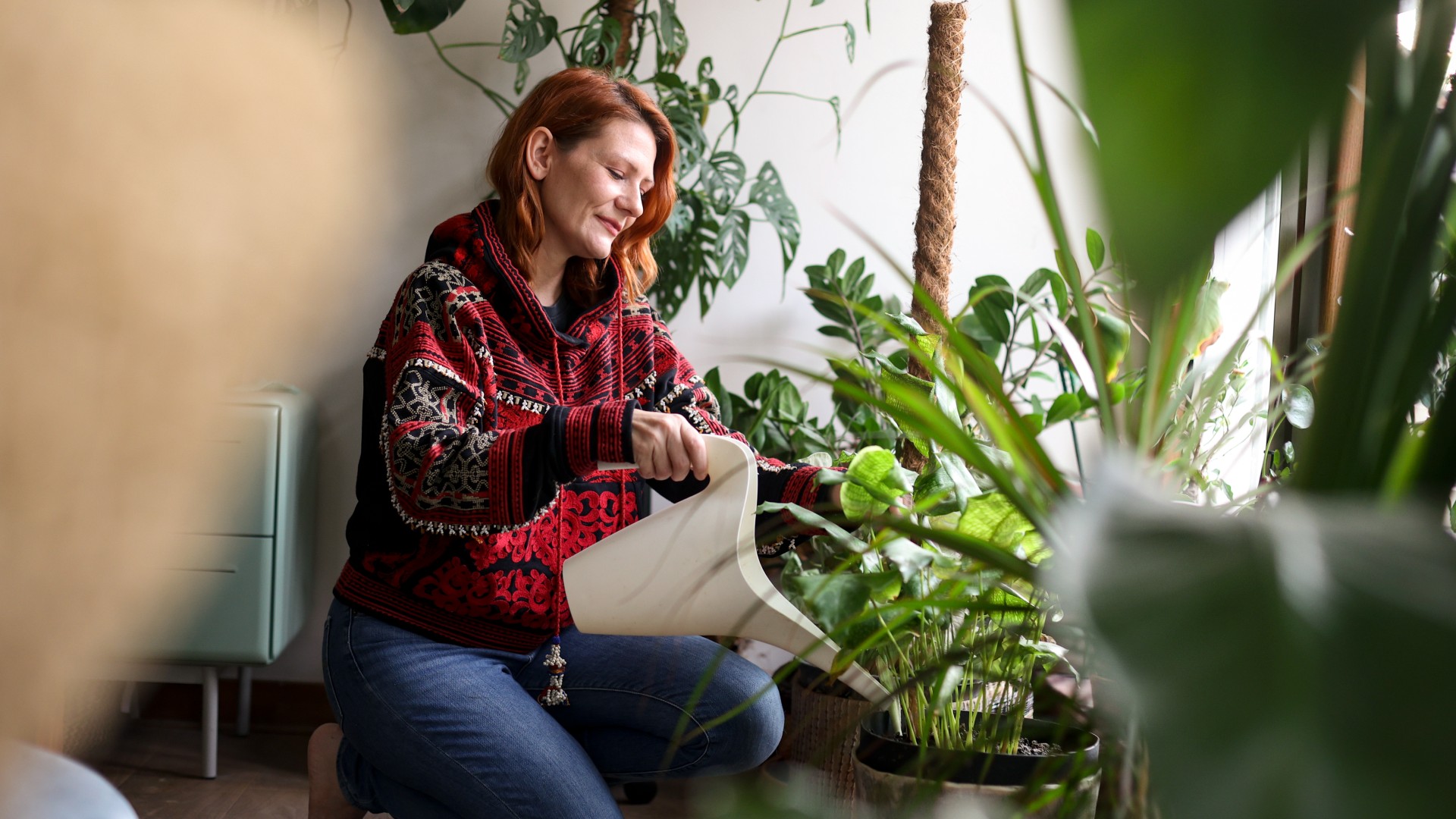
Did you know houseplants aren't just fun to have around but have proven benefits on our health?
Tending to indoor crops has been proven to reduce stress levels and lower blood pressure. Researchers, per Garden Health, found that houseplants also increase productivity by up to 15%.
And - less scientific but just as much of a fact - they look pretty. Some of the best indoor plants include the spider and snake plants (which also impact your physical health, as they help clear the air).
Treat yourself

This one is fairly obvious, but don't shy away from treating yourself. Often, we put such a focus on rewarding others we forget to do it for ourselves.
Whether it's for a job well done or a 'just because,' give yourself little treats here and there. And the great thing is, you don't need to go all out. It can be as simple as buying a new book or indulging in a slice of cheesecake with your coffee order.
Cook or bake
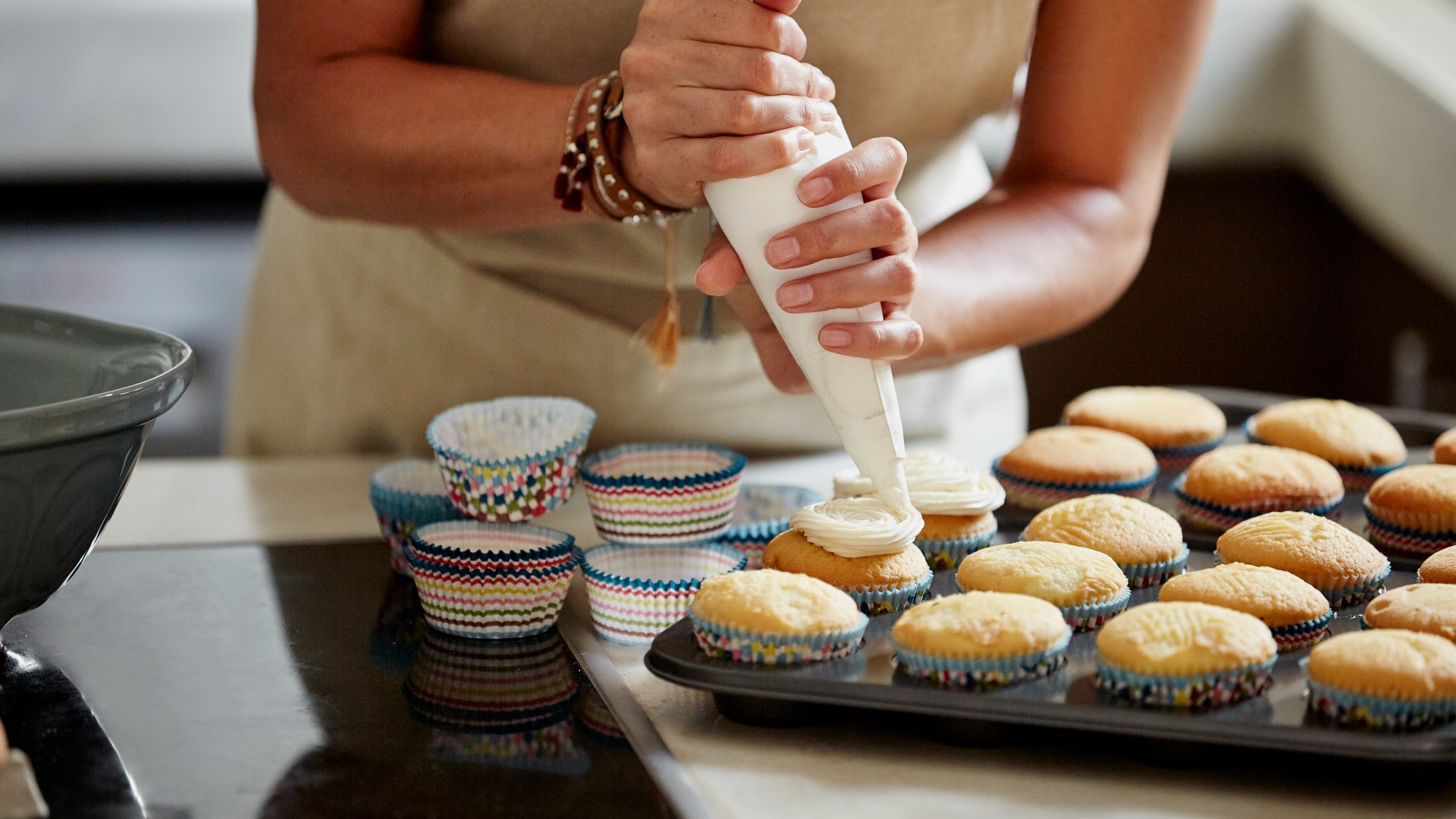
Spending time in the kitchen preparing your dinner or a sweet treat is positive for your mental health for many reasons. First, you can have greater control over what fuels your body.
Secondly, it can be a distraction from anything that might be weighing heavy on your mind making it an excellent stress-busting hobby. And third, who doesn’t love the satisfaction of nailing a favourite recipe or trying out something new?
As an additional tip, you can also make it a social affair. Try a baking competition with friends, or get a family member to help in the kitchen. It could open up a time to properly chat, too.
Moderate your alcohol intake

Listen, no one is here to tell you to give up alcohol completely if it's not a personal problem for you. People should feel free to enjoy a nice glass of wine with a meal, or a chilled cocktail on a warm summer's evening.
But, if you're already feeling stressed or low, wine has a tendency to make things worse. So overconsumption of alcohol can exacerbate the lows. Alcohol is a depressant, which can disrupt the balance of neurotransmitters - things which send messages around your brain and govern your emotions and reactions.
While you might feel a bit of a lift in spirits when you're drinking, the imbalance could soon lead to more depressive feelings.
Cut down on smoking
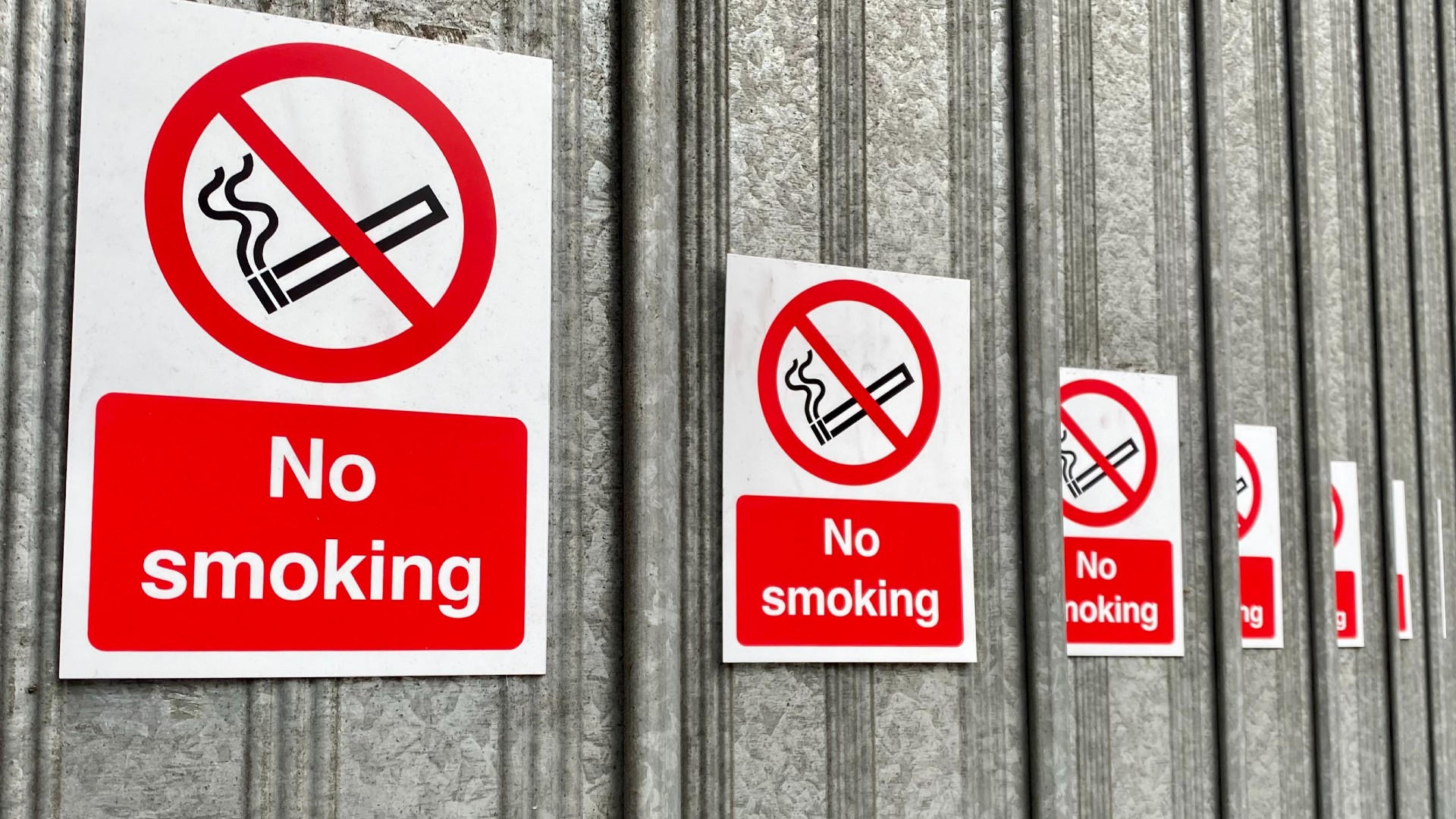
It’s not just being preachy or moralistic, the NHS advocates cutting out bad habits, like smoking, as a tip to manage your mental wellbeing.
While some smokers might talk about the short rush of adrenaline and dopamine they get from satisfying their craving, the overall impact it has on your physical health will begin to affect you mentally.
From feeling bad about your physical performance if you struggle to breathe properly to not being able to get a full night’s sleep, it’s worth making the effort to quit for the sake of your mental health.
Light a candle
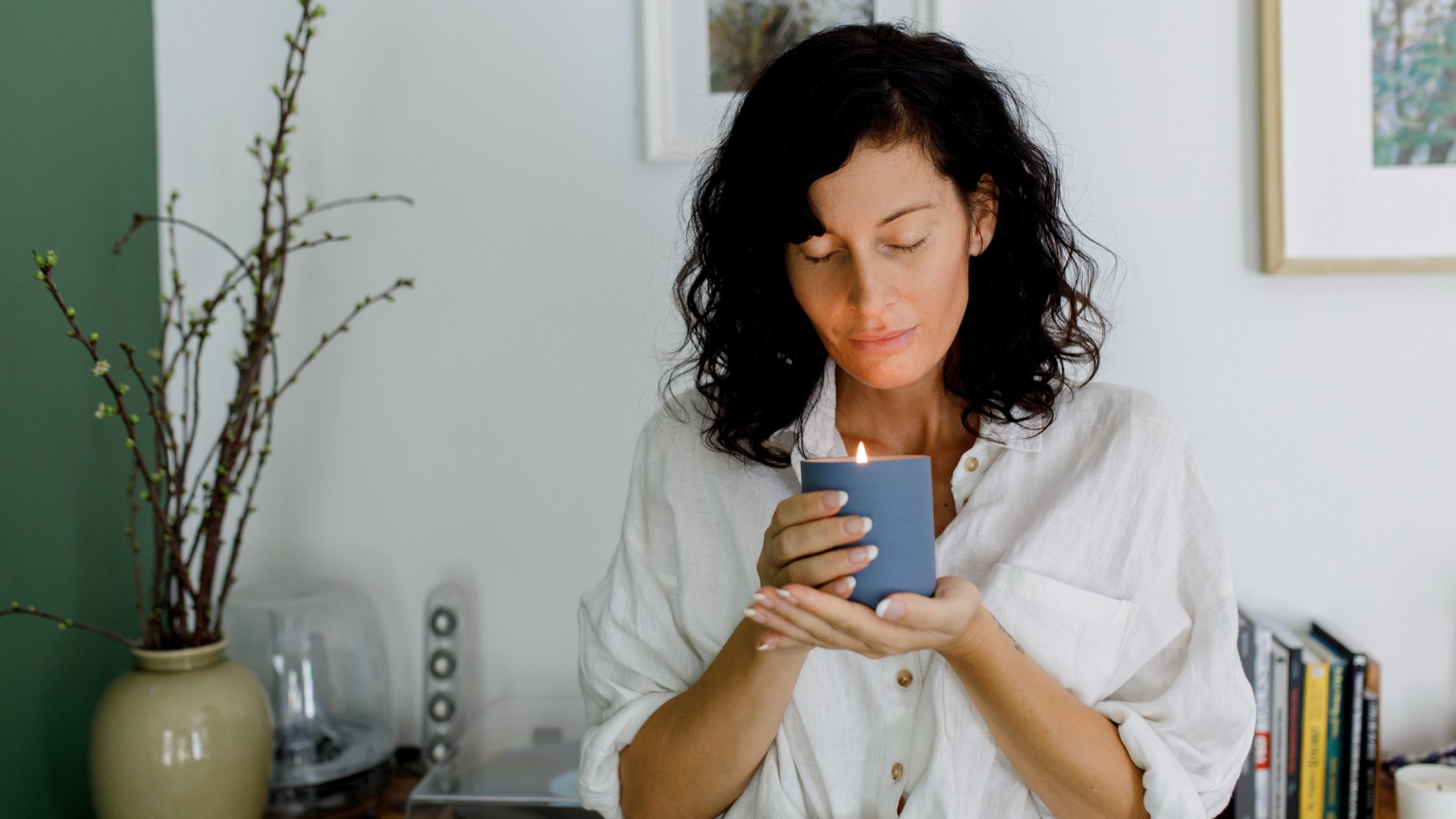
As it turns out, it's not your head or heart to listen to but something else - your nose knows best.
As explained by UCLA Health, scientists have found that the olfactory sense (aka smell) has a direct link to the part of the brain that is hugely important in controlling your emotional regulation, memory, and behaviour.
So, please the sense and calm the mind with candles offering familiar and soothing scents – from traditional relaxing smells like lavender to anything that might have more of a personal memory for you.
Let the light in

When you wake in the morning, try not to snooze your alarm and try to get up and let the morning light in as soon as possible.
Some days, this might be harder than others, but the payoff will be worth it.
Natural sunlight helps us stay alert, promotes vitamin D production, and can help increase serotonin levels. Getting sunlight first thing in the morning also helps regulate your circadian rhythm and promotes a healthy sleep routine. It signals that it's the start of the day and, with any luck, you'll feel more tired when the sun goes down.
Make a manageable to do list each day
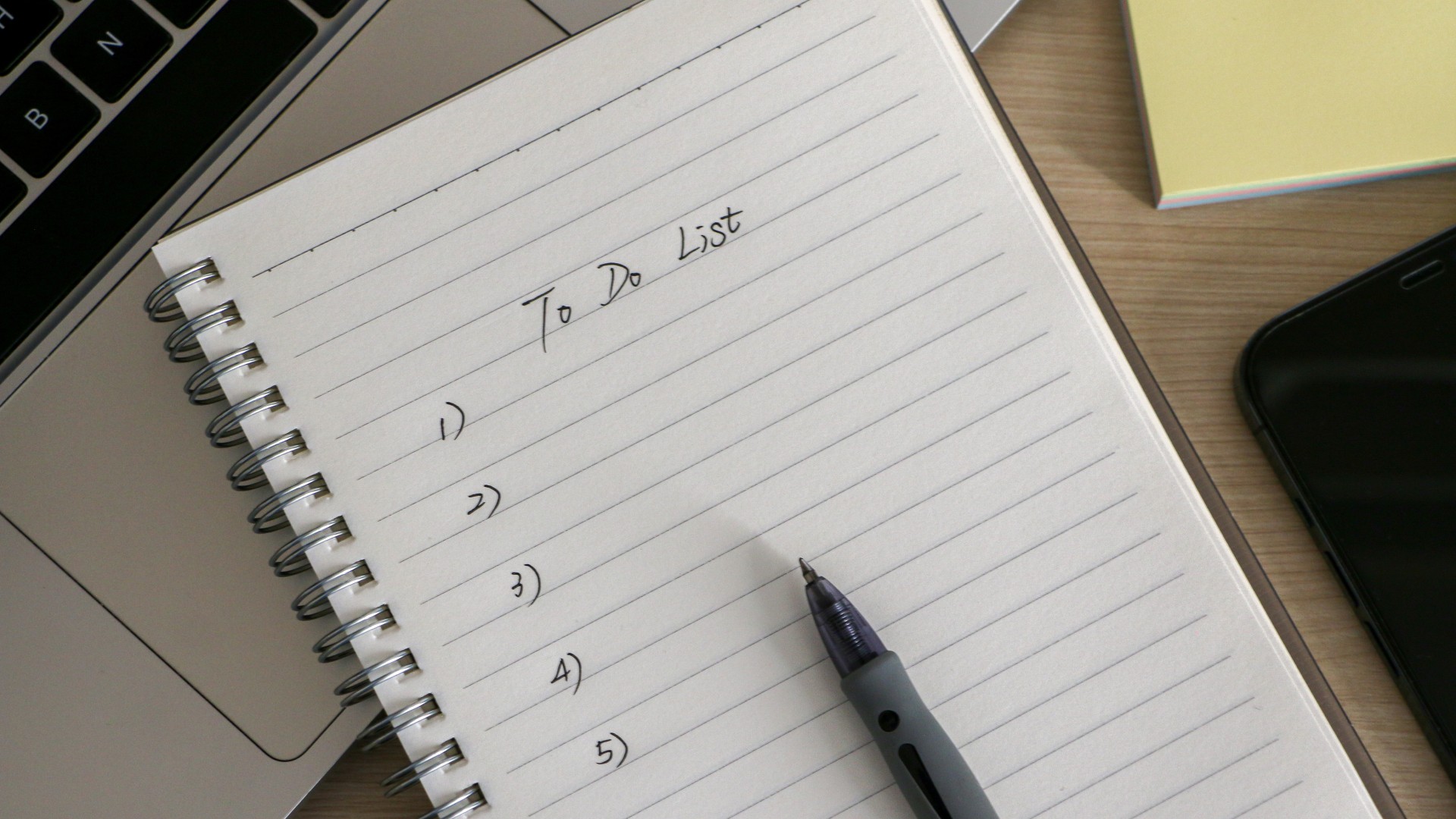
Whether it's for the day or the week, making a 'To Do List' will be beneficial to your mental health - despite feeling like it'll be something of a chore to see everything you need to get done.
First, it might ease any anxiety to see it all written down. It makes the concept of a mountain of work seem more doable.
Secondly, when you do start ticking tasks off, you'll feel the instant mood boost - and it's a subtle way of showing yourself that, even on bad days, you did achieve a lot.
Try a hobby

While it might sound counterintuitive to suggest taking on extra tasks if you’re already stressed, if it’s feasible within your schedule, a new hobby can give you something to focus on outside of your work or other duties (be it parenting, caring for your other half, etc).
The better you get at your hobby, the greater the sense of achievement you’ll also enjoy. Plus there could be a social element, meeting new friends or taking someone along with you.
Some popular hobbies include knitting, baking, pottery, yoga, starting a book club or a creative writing course.
Dare to do different

Could it be that, while some find safety in routine, familiarity has led you into something of a rut?
Try to mix things up, even just once in a while.
Take a spontaneous journey somewhere - do something you wouldn't usually. Some examples could be getting a cake and a coffee and just watch the world go by, or take yourself off to a solo cinema or theatre trip.
We promise, the world wont end if you don’t go to the supermarket or do the laundry on the same day every week.
Swap out or cut back on your coffee

We hear you, we hear you, stop booing us. We know that people cannot function without their coffee, but your cappuccinos, espressos and lattes might be adding to things like anxiety or stress.
Caffeine can be important to our health and well-being - giving us a kick of energy to tick off our to-do lists - but we can take in a lot of it without realising, especially if you're buying coffees from chains where you can't keep track of every measure.
Try swapping out one of your coffee breaks for a herbal tea – many of them are more hydrating than coffee, and you can get teas packed full of things like chamomile which can calm the mind.
Limit your media consumption
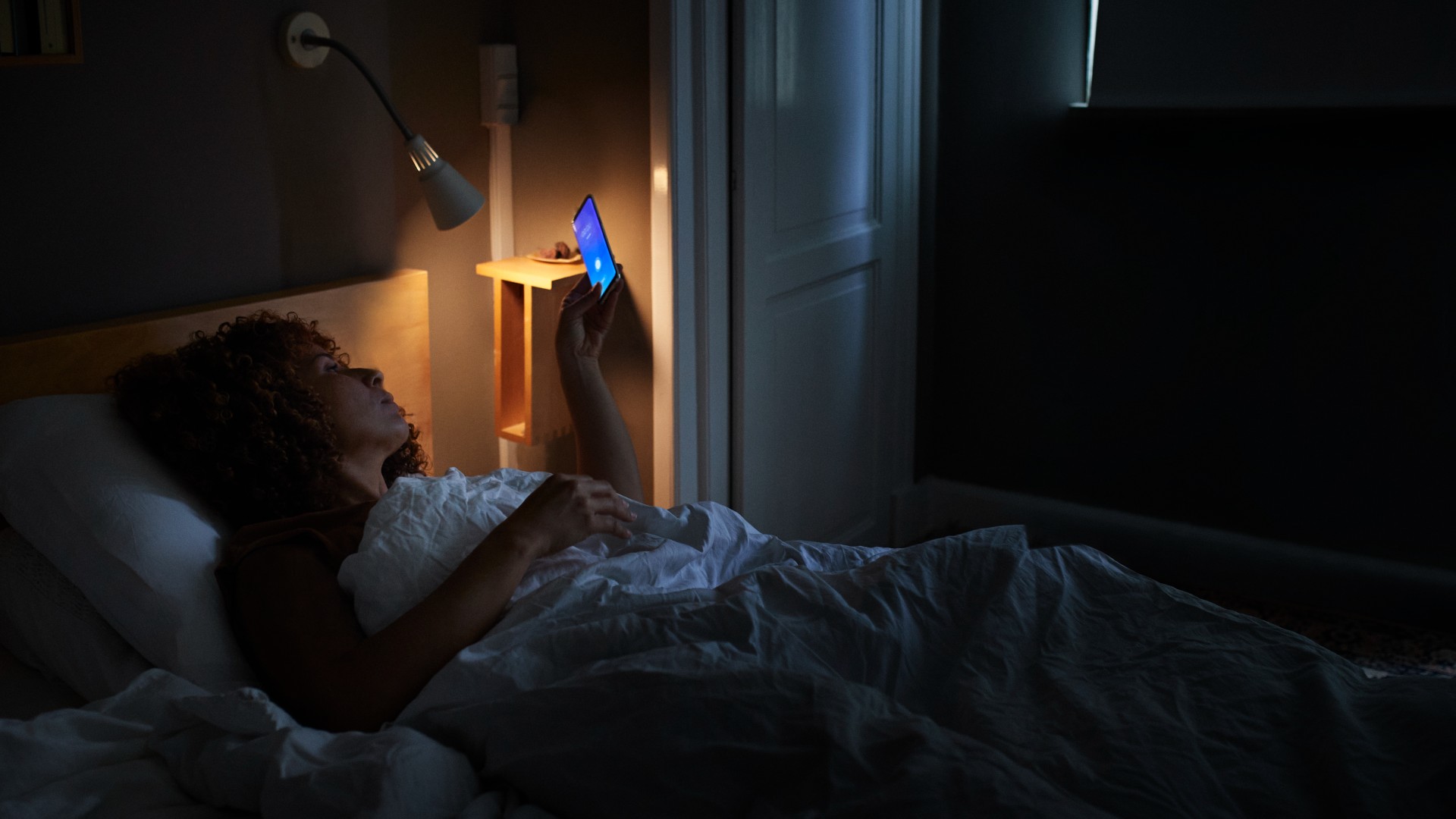
It has been suggested, per APA, that news media consumption has been linked with increased emotional distress, anxiety and depression.
It’s not exactly easy to avoid the news altogether, but try to be mindful of how much you’re reading stories that affect you – the nickname given to obsessively reading everything on your phone is doomscrolling.
Maybe the answer is going back to the old way – buy a newspaper in the morning and read that, then switch off from the rest.
Create something

"The opposite of war isn’t peace, it’s creation" - a lyric from a song in Rent, and something which might have some credit. Whether it’s doodling, taking a pottery class, being like Kate Middleton and dabbling in photography, getting creative and crafty has been proven to release positive chemicals like serotonin.
Not only does it produce the feel-good hormone, but creating something can lead to a new hobby which you can share with friends and family, and give you a release from your other responsibilities.
Start a gratitude journal
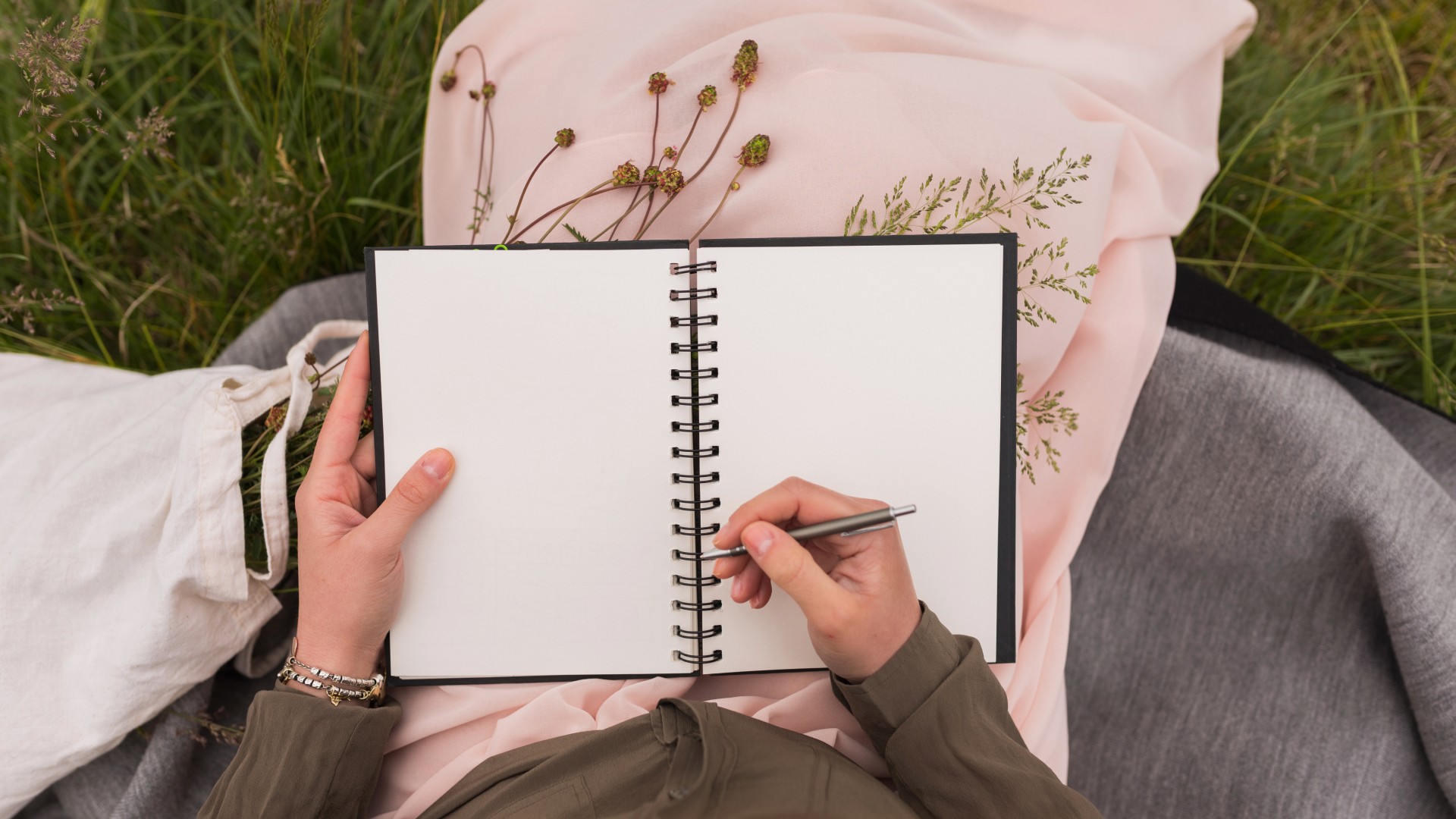
Journals and diaries are nothing new - Bridget Jones is coming back with a fourth film, after all. But rather than just jotting down how much you fancy Mark Darcy or using it to track your weight obsession (something we, hopefully, have left in the 90s) a gratitude journal is a much more rewarding idea.
The idea is simple. Each day, you write down things which you were happy about, thankful for, or just generally brought you some perspective. Did you hear a particularly funny joke from a colleague? Did you really enjoy a song on the radio? Were you thankful just to catch the sunset?
These things we love might not be huge moments in the story of our lives, but writing them down and having them to read back reminds us of simple joys we could easily forget over time.
Just Say No
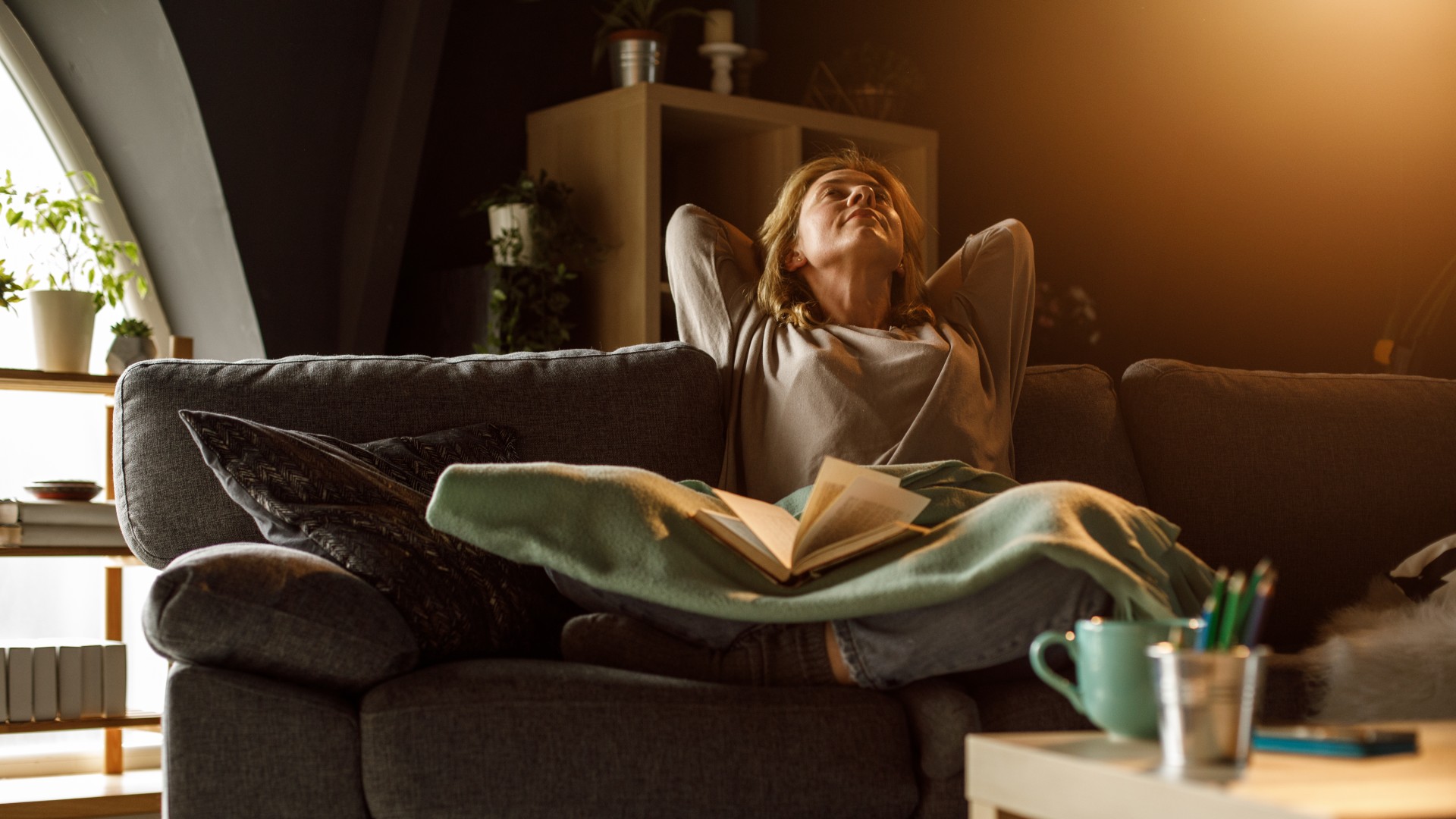
Let’s be honest, we’re all programmed to feel obliged to say yes to everything. But some days, plans come around and you feel low.
While shutting yourself away permanently isn’t the answer, sometimes it’s perfectly acceptable to cancel plans and get back that time for yourself. Instead of forcing yourself out when you don’t want to or your social battery is empty, use that time to go for a walk or read a book.
Binge a show

Busy week? Feeling a bit burnt out? There’s this pressure that one must use weekends or free time always doing something, but sometimes, it’s perfect for your mental wellbeing to actually just do… nothing.
Stick on a new Netflix series, or watch an old familiar show, and simply let yourself rest. The other benefit here is you might come across a show or film to discuss with friends or co-workers.
Just don’t make too much of a habit out of this, as prolonged time indoors or staring at screens can have a negative impact.
Slip between the sheets

Listen, we’re all grown-ups here. And there’s nothing to keep your spirits high than a little… release.
Whether with a partner or with yourself, the hormones released after a bit of grown up fan has been shown to increase the amount of brain activity you experience.
This could mean a greater focus, better sleep, less stress, and a better ability to think through any problems you've had on your mind.
Have a good cry

This one might seem like an odd choice when we're talking about positive vibes, but a good cry can actually be incredibly rewarding.
Not only can crying activate the parasympathetic nervous system (PNS) - per Medical News Today - which helps people relax, research has found it releases oxytocin and endorphins - chemicals which can make you feel good and may also ease physical and emotional pain.
So if you're feeling a bit overloaded and just don't know how to purge some of it, why not stick on a classic weepie like Titanic, Beaches, Steel Magnolias or whatever your favourite is, and let yourself sob.
Declutter – or clean as you go

For some people, cleaning is a miserable necessity. But even just ten minutes of cleaning and clearing a day can be beneficial for several reasons.
Clutter can cause stress – a bad environment to live and work in can affect how you feel.
The other benefit is, that cleaning a little bit here and there means you aren’t faced with a whole load of cleaning after it builds up. This becomes another task weighing heavy on your mind.
Take a break

Whether it’s a family holiday, a weekend getaway or a few days solo, make sure you’re actually getting away from your routine every now and then.
Obviously, holidays cost money, but it doesn't always have to be 5* luxury - there are plenty of places for a relaxing holiday which won't break the bank.
And if you’re in employment, make sure you’re actively turning off your work devices and being out of office when you’re physically out of the office.
Eat chocolate (in moderation)

Now this is one we bet most people won't have a problem trying out.
Chocolate has something called tryptophan, which acts like a building block for serotonin, often dubbed the ‘feel good’ chemical.
So, yes, it’s not a myth pushed by romcoms or stereotypes; chocolate really does make us feel better. But (and sadly there's always a but) too much can mess with your blood sugar and will leave you feeling sluggish and low.
Do a face mask
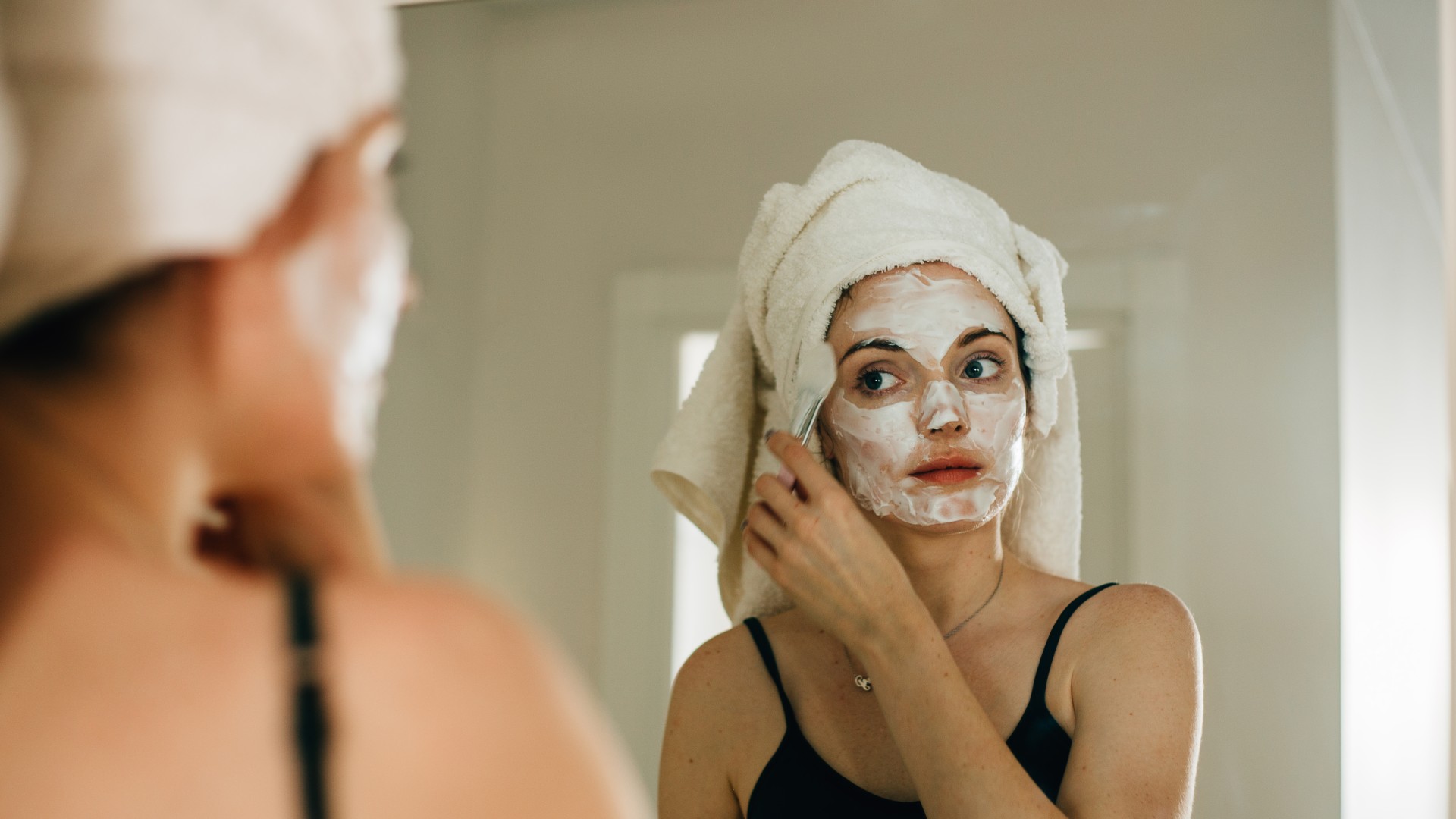
Self-care can take many forms, and slathering on some creams, lotions and potions is a great way of giving yourself a little feel-good factor while maintaining your beauty regimen.
Not only is pampering yourself a lovely little reprieve, you’ll probably feel less stressed about some of the physical things that can cause us to have low days.
Worried about signs of ageing? Think your skin’s looking a bit dry lately? Suffering from a few breakouts? Block off an hour or two in the evening. Have a lovely, hot shower. Apply your chosen face mask. Tend to your needs, physically and mentally.
Do a good deed for someone else

Dolly Parton, queen of everything and sunshine in human form, famously said, "If you see someone without a smile, give 'em yours!"
And she's really on to something.
As twee as it may sound, many people attest to the power of giving out good vibes. Doing good and putting positivity out into the world can often mean receiving good feelings in return.
Send a friend a ‘no reason’ gift, hold the door open for a stranger, or give a compliment to an outfit you see on the street. You might just be the bright spot in someone's day, and doesn't that just make you feel good?
Dance
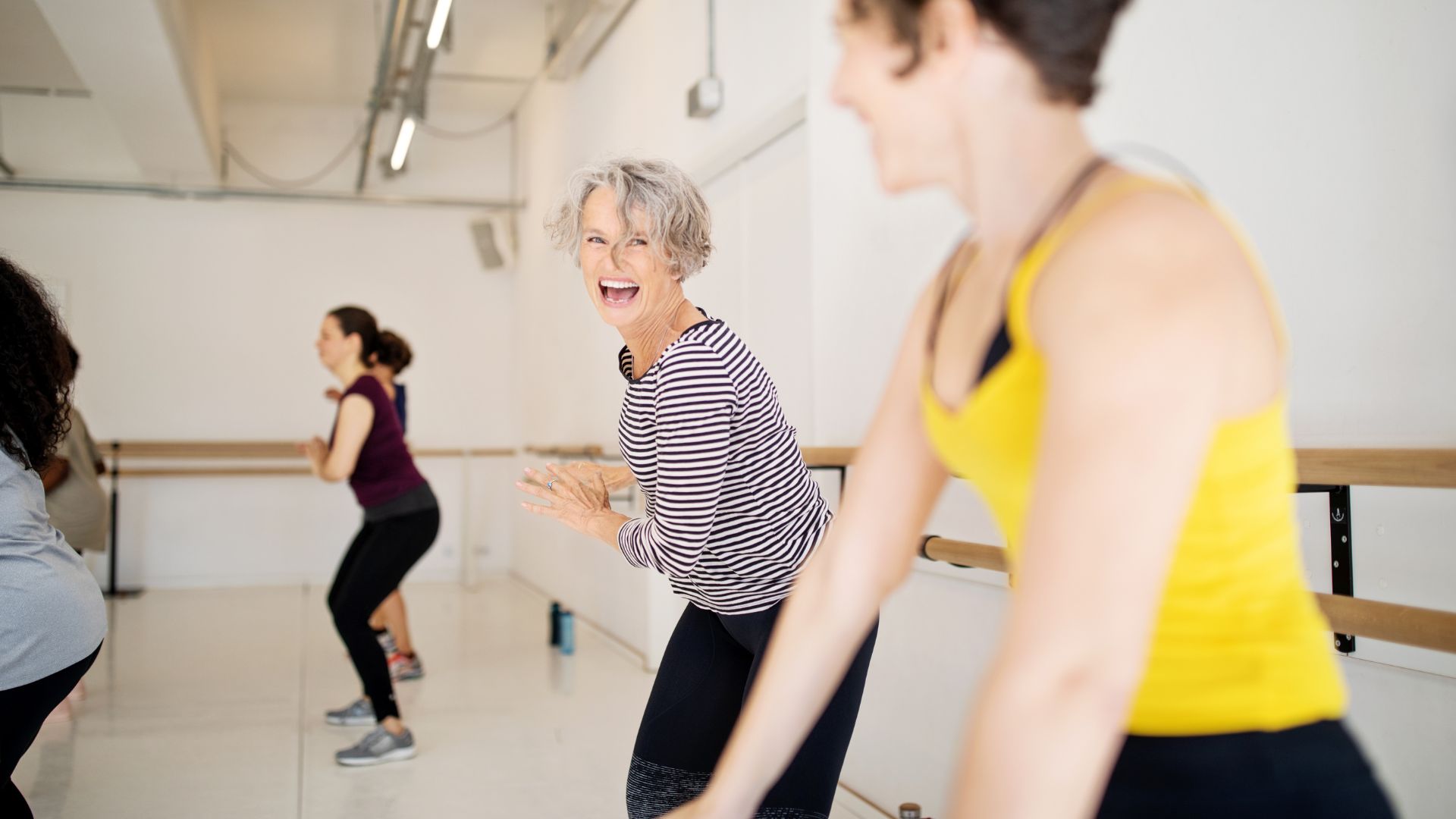
It might not be as simple as literally shaking it off, but dancing has been scientifically proven to be good for mental health. In fact, some scientists, per Sports Medicine, suggest it has a better chance of improving mental health than most other exercises.
Limber up, crank up those '80s classics and dance like nobody is watching.
Book a massage
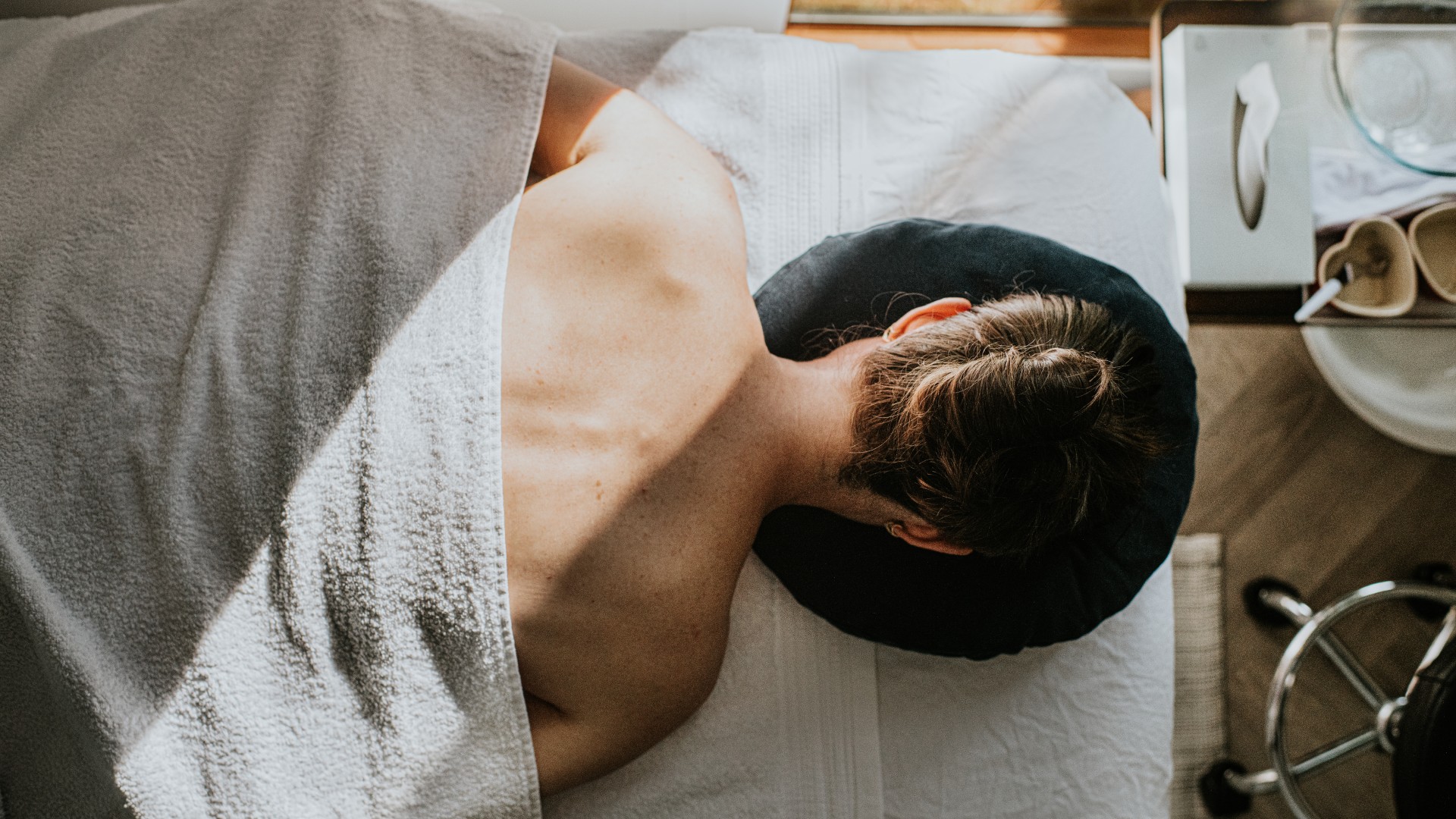
It's well-known that we can physically carry our stresses and upsets in our body. People have been known to suffer from aches and pains everywhere from their back and neck to hips and legs just from emotional issues.
Whether you're in pain or you just want a bit of TLC, a massage is a great way to relieve pain and stiffness, boost immunity, reduce stress, lower blood pressure, and increase circulation.
The great thing about the 21st century? You can even book a last-minute massage and have an expert masseuse come right to your home using apps like Urban.
Take a mindful moment

Be it using an app like Headspace or Calm or just doing it the old-fashioned way, mindfulness is not just another fad or buzzword. The most simple way to take a mindful moment is to simply stop whatever you're doing, and be still with your thoughts for a few minutes.
If you're looking to give your mindfulness more of a boost, try a body scan.
This involves closing one’s eyes and really focusing on your body from head to toe. With steady, deep breaths, start from the head and work your way down. What can you feel when you allow yourself to hone in on your own body? You might be surprised to realise you’ve been clenching your jaw all morning or tensing your stomach.
Get a furry companion

A furry friend - and no, we don't just mean a man with plenty of body hair - can be a great addition to your life and they can play a huge role when it comes to looking after your mental health.
Whether you’re a cat or dog person (or parrot, or hamster, or even a lizard, if you want to choose a more cold-blooded companion), studies, per News in Health, have found that animals can reduce loneliness, increase feelings of social support, and boost your mood.
And, if that wasn't enough, they're simply adorable.
Be mindful of what you eat

We all love a quick snack when we’re feeling low and sluggish, but it might be counterintuitive. Sugary snacks cause your blood sugar to spike and crash, which will leave you feeling tired and low more regularly.
As simple as it sounds, a healthy diet of proteins, healthy fats and carbohydrates keep a body balanced (but that doesn’t mean you can’t treat yourself every now and then – it’s all about balance!)
Eating right will also help other facets of your mental health align - you'll have more energy in the mornings and likely find it easier concentrating on your tasks or hobbies.
Reach out to the right people

When all is said and done, truly one of the best ways to manage your mental health is reaching out for help when you need it.
You might be feeling overwhelmed, or you might just want a regular walk-and-talk or coffee with a friend to vent through your week. Or perhaps it’s got a little more serious and you’re concerned about your feelings.
Talk to a friend, find a group (there are often local free talking therapy groups if you search around your local area), talk to your manager or HR at work, find a therapist. Talk to someone. A problem shared is a problem halved.

Jack Slater is not the Last Action Hero, but that's what comes up first when you Google him. Preferring a much more sedentary life, Jack gets his thrills by covering news, entertainment, celebrity, film and culture for woman&home, and other digital publications.
Having written for various print and online publications—ranging from national syndicates to niche magazines—Jack has written about nearly everything there is to write about, covering LGBTQ+ news, celebrity features, TV and film scoops, reviewing the latest theatre shows lighting up London’s West End and the most pressing of SEO based stories.
-
 Our favourite royal updos, from Kate Middleton's twisted chignon to Meghan Markle's sleek ponytail
Our favourite royal updos, from Kate Middleton's twisted chignon to Meghan Markle's sleek ponytailWant to elevate your locks? Look to the royal ladies, who know how to elevate the humble updo into something seriously regal
By Lauren Clark
-
 What is an Eye in The Handmaid's Tale and what does 'under his eye' mean?
What is an Eye in The Handmaid's Tale and what does 'under his eye' mean?Wondering what The Eyes do in The Handmaid's Tale and what is meant by 'under his eye'? You aren't alone. With season 6 of the show on its way to the UK, fans of the show are intrigued.
By Lucy Wigley
